Opposition groups in Syria strive for unity
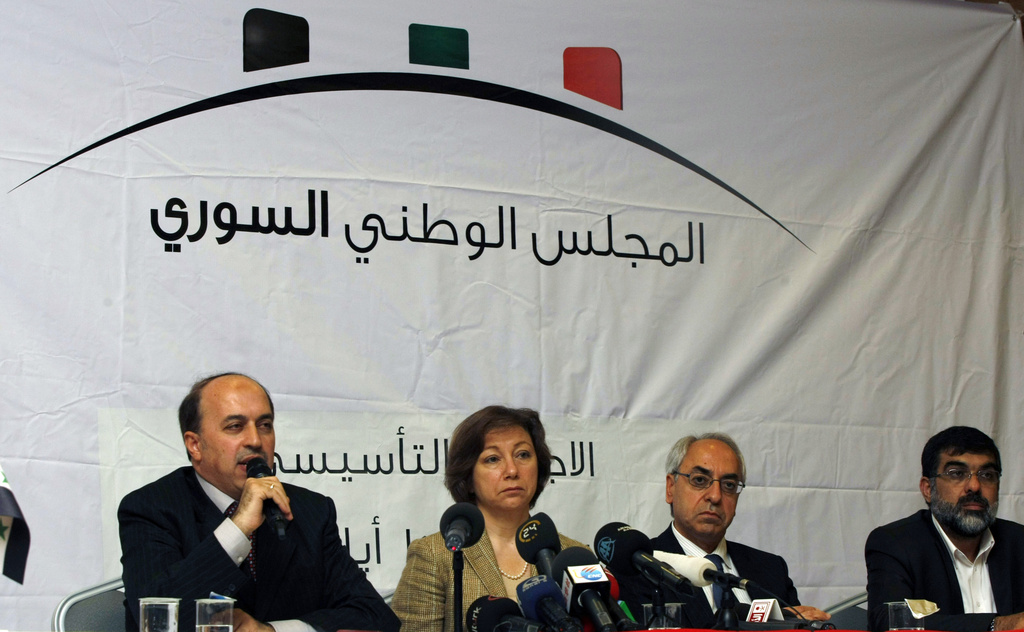
Swiss-based Syrian opposition figure Nidal Darwish was involved in creating the Syrian National Council (SNC) – a platform for opposition to President Bashar al-Assad.
In an interview with swissinfo.ch, Darwish talks about the motives behind the formation of this council and its prospects of success following several failed attempts to bring together the various strands and groups comprising Syria’s opposition.
Darwish, a member of the Political Bureau of the Syrian Revolution General Commission (SRGC) – a coalition of 40 Syrian opposition groups – took part in the inaugural meeting of the SNC in Istanbul on October 2.
Anti-government protests began in Syria in March prompting a crackdown by Damascus.
swissinfo.ch: How do you assess the formation of the national council in the course of the Syrian revolution?
Nidal Darwish: It can certainly be seen as an important and essential step in the course of the revolution, although it came late. The revolution – months after its outbreak – needed to unify its aspirations through a clear political direction, both inside the country and towards the international community.
This delay was caused partly by the slowness of the opposition inside and outside to unite and the many conferences and initiatives launched.
swissinfo.ch: You have said that this step came late. What do you think was the decisive factor which pushed the various participating forces to unite?
N.D.: Essentially the mistakes related to the failure to unite over the past months.
This situation had a negative influence on revolutionary activity and on the escalation of the pressure on the Syrian regime. Consequently, the Arab and international escalation came late.
The main and balancing factor was the SRGC. The SRGC worked towards the unification of political forces and gave them direct and clear legitimacy.
swissinfo.ch: Legitimacy usually comes from involving all sides in the political process, but there seem to be fears (or scaremongering) about some groups being excluded?
N.D.: The final statement on the formation of the council was clear in this regard. It pointed out that the council is not closed to groups interested in joining it. The preparatory dialogues involved the main groups inside and outside Syria…
We are also speaking about the [banned Islamic political party] Muslim Brotherhood who were present at the preparatory dialogues…
The SNC is open to all political groups and gatherings which have made up their mind clearly to oppose… the existing regime in Syria, and have clearly adopted the principles and aspirations of the Syrian revolution.
swissinfo.ch: But it is no secret to you that there are concerns over the predominance of the Islamic or fundamentalist element. How far is this concern justified?
N.D.: First, it’s clear that the Syrian revolution is not dominated by a religious, a sectarian, a national, or an ideological, political dimension.
It is a popular revolution that represents the aspirations of the Syrian people for freedom, in the face of a despotic regime that has ruled the country for more than half a century. There is no feature of an ideological tendency, whether religious, national or political.
The second factor is that the SNC is a platform that fully expresses the diversity existing both in revolutionary activity and inside Syria. We are speaking about independent, patriotic figures and the forces of the Damascus Declaration [democracy movement created in 2000-2001] which represent the Syrian opposition forces…
swissinfo.ch: One of the demands that emerged right after the formation of the council was the protection of civilians. Does this mean acceptance of foreign intervention?
N.D.: Regarding the issue of foreign intervention, the SRGC was one of the elements pressing to include this clause…
…We are talking about an authority that has heavy weapons and uses them against unarmed citizens inside Syria.
Syria is a member of the UN organisations and has essential commitments. Therefore, the international community has responsibilities towards the Syrian people, and it has to protect them.
We are going in the direction of the application of the seventh chapter of the UN charter, particularly Article 41 on the protection of civilians and requesting a no-fly zone for the protection of demonstrators and unarmed civilians. This is because the Syrian authorities started recently to use aircraft and helicopters in more than one area in Syria.
swissinfo.ch: The Syrian community in Switzerland has called on the Swiss federal authorities to act. Do you see a Swiss response to these demands? Do you intend to ask Bern to recognise the SNC?
N.D: In fact, the Swiss government has recently taken a number of measures, and it is considering tightening these further.
One of the measures is Switzerland stepping up economic sanctions against Syria, and this was an important factor. The other issue is related to diplomatic ties, and the Swiss government has taken measures in this connection. [Switzerland recalled its ambassador to Damascus in August.]
After the formation of the SNC, we are looking forward to Switzerland recognising the council as the political voice of the revolution which will in future work to remove the legitimacy of the regime at the international level.
Includes more than 40 groups, coordination committees, and coalitions involved in revolutionary activity inside Syria.
It is considered the organisation which groups the majority of active revolutionary forces in the country.
Will have three seats on the SNC.
Darwish was the only representative of the Syrian community in Switzerland to participate in the dialogue in Istanbul which led to the establishment of the SNC.
He attended in his capacity as member of the Political Bureau of the SRGC.
One month ago, he was tasked by the SRGC to conduct dialogue leading to the unification of the opposition ranks after the failure of the previous conferences.
When asked by swissinfo.ch whether Switzerland recognised the newly-formed Syrian National Council, the Swiss foreign ministry said Switzerland recognised states, not governments.
“Switzerland has several times condemned the systematic violation of human rights inflicted on the civilian population by the Syrian security forces,” a spokeswoman added.
“Switzerland welcomes any initiative aimed at defending the fundamental rights of the Syrian population,” she said.
(Translated from Arabic by Muhammad Shokry)

In compliance with the JTI standards
More: SWI swissinfo.ch certified by the Journalism Trust Initiative
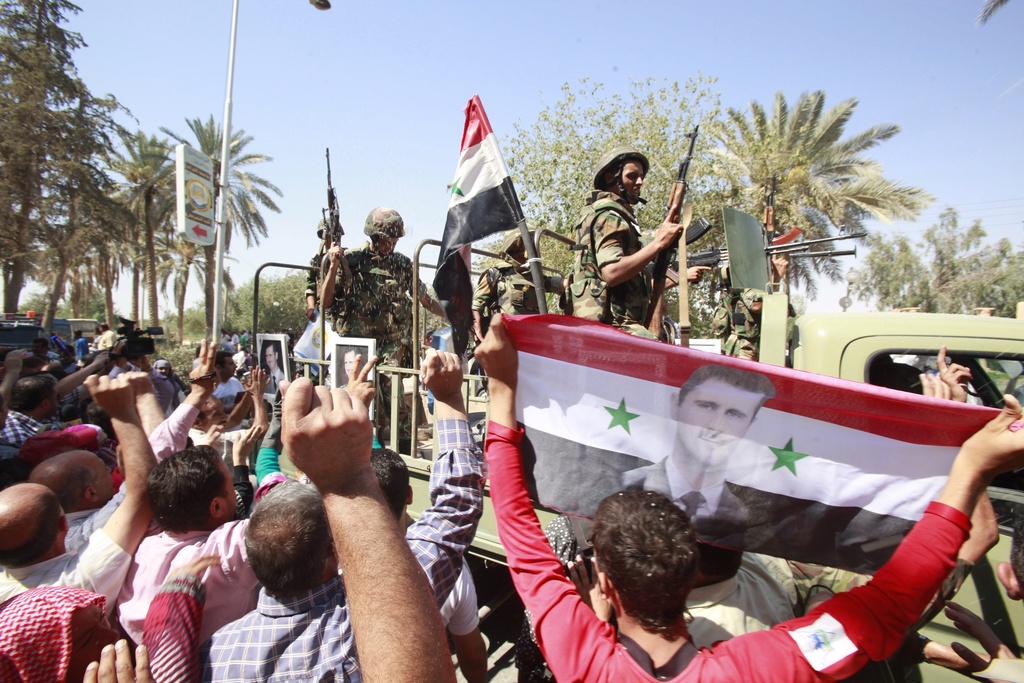
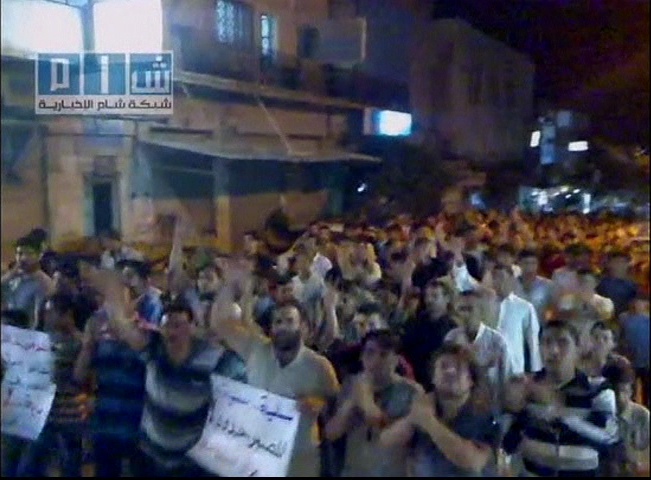
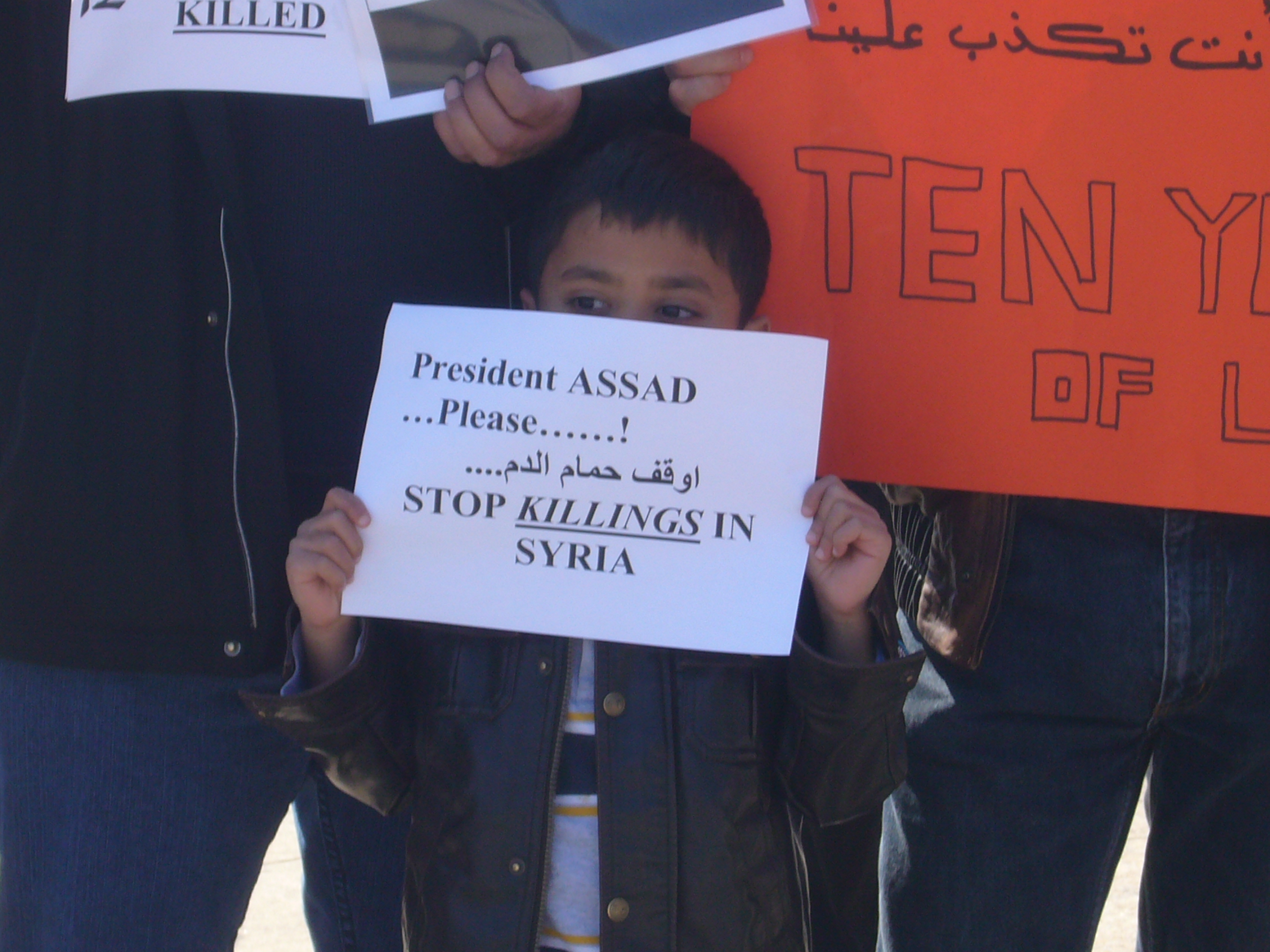
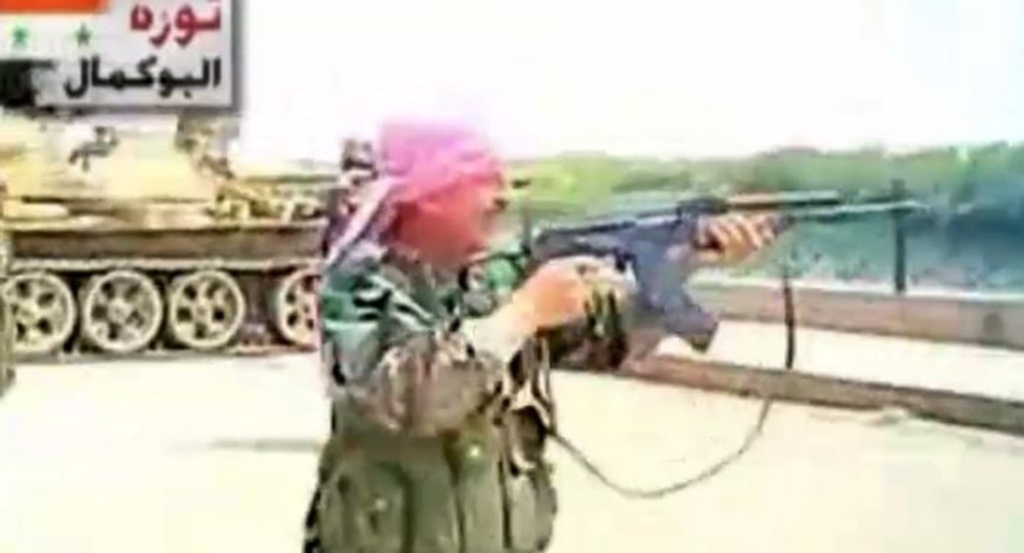
You can find an overview of ongoing debates with our journalists here. Please join us!
If you want to start a conversation about a topic raised in this article or want to report factual errors, email us at english@swissinfo.ch.